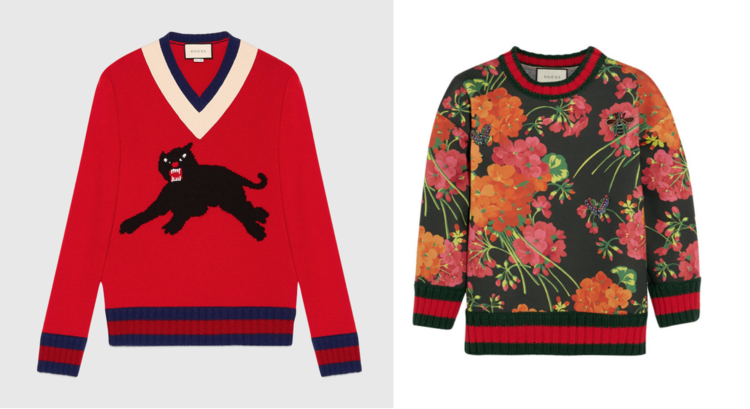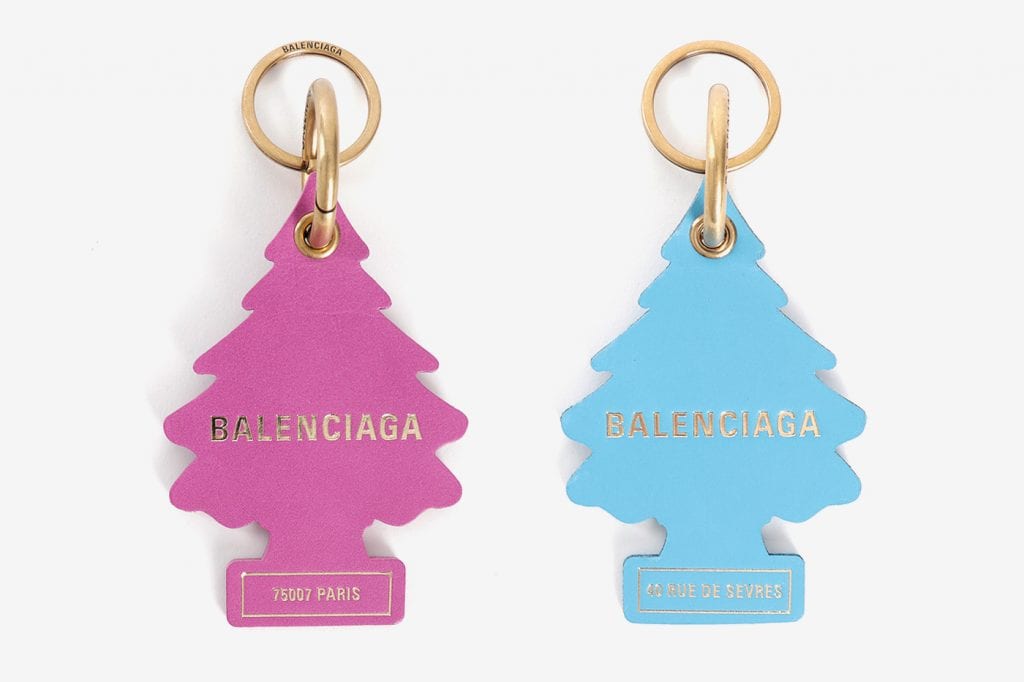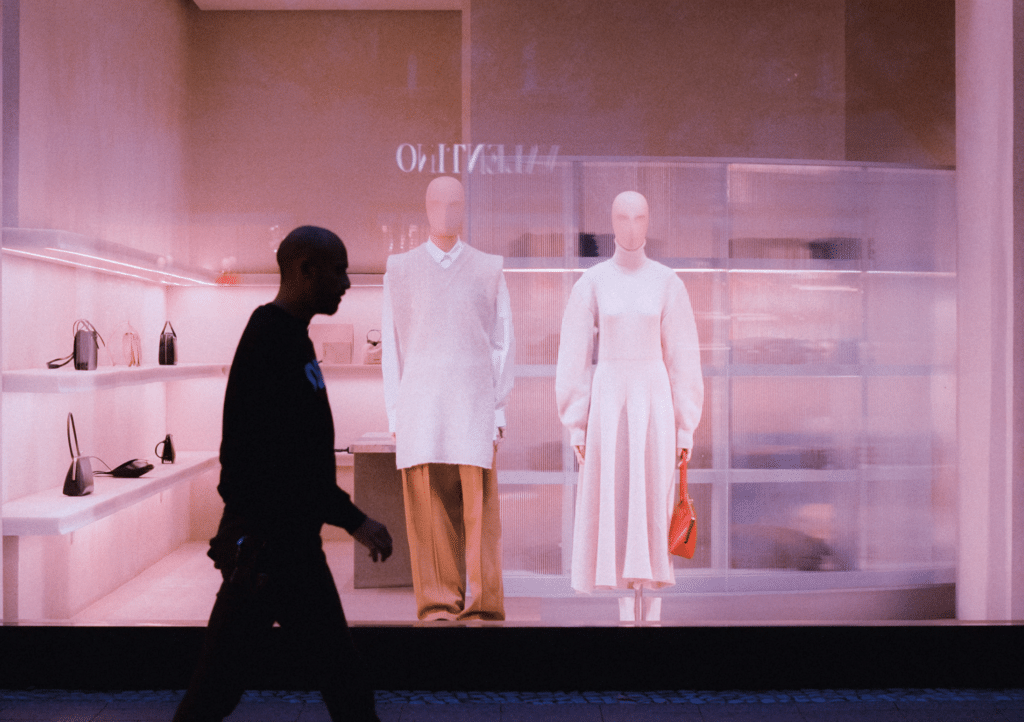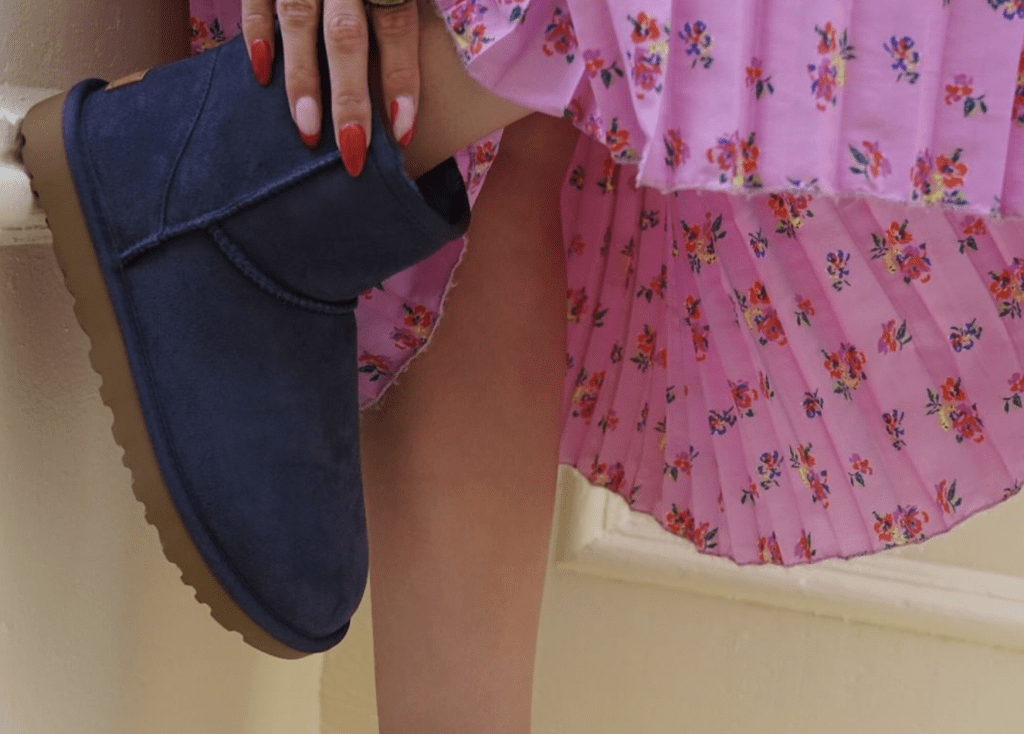This year, few fashion industry participants stood to be unaffected by one case in particular. From brands to retailers, South Dakota v. Wayfair, Inc. is expected to have sweeping effects due to the Supreme Court’s June decision, which held that states can collect sales taxes from out-of-state online retailers on consumer purchases. The decision overruled a decades-old precedent that had protected out-of-state sellers from being required to collect such state taxes.
That Supreme Court’s retail-focused decision joins ongoing battles over the right to use stripes (and pocket tabs) and the ugly employment dispute between Saint Laurent’s parent company Kering and former YSL creative director Hedi Slimane (which speaks to the industry’s larger reliance on/relationship with non-compete agreements), with some of the industry’s biggest names in and out of court all year long.
Here is a look at some of the biggest domestic lawsuits of 2018 …
1. Chanel Takes on the Luxury Resale Market. In 2018, Chanel make its distaste for luxury resale known. The Paris-based design house made headlines when it filed a strongly-worded lawsuit against What Goes Around Comes Around in March, taking issue with the way that the well-known vintage retailer has been selling a sizable array of second-hand Chanel goods (at least some of which are allegedly fake). Chanel has since filed a similar suit against The RealReal. Earlier this month, the Paris-based design house accused The RealReal of trademark infringement and counterfeiting, asserting that the popular resale site is “selling counterfeit CHANEL handbags,” despite its claims that it “ensure[s] that every item on[its site] is 100% the real thing.”
The RealReal, for one, has characterized Chanel’s mini ligation spree as “nothing more than a thinly-veiled effort to stop consumers from reselling their authentic used goods, and to prevent customers from buying those goods at discounted prices.”
2. Media Giants Settle Cases After Selling Subscriber Info. Two of the fashion media’s foremost players moved to settle multimillion lawsuits this year accusing them of selling subscriber information without securing their subscribers’ authorization. As part of a larger trend that has seen media entities settling out of court, Hearst Communications agreed to pay $50 million in July to settle a lawsuit, which accused it of selling its magazine subscribers’ subscription histories, reading habits, age, race, religion, charitable donations, political affiliations, income bracket, shopping habits and other personal data to third parties, including data-mining companies without their consent.
The settlement involving the New York-based media giant, which owns Harper’s Bazaar, Elle, Cosmo, Marie Claire, Good Housekeeping, and Esquire, among an array of other titles, was followed by a similar deal involving rival Condé Nast’s parent company Advance Publications agreed to pay nearly $14 million to settle a lawsuit accusing it of selling its magazine subscribers’ subscription history.
 image: LVMH
image: LVMH
3. Hedi Slimane Takes Kering to Court … Twice. In April, a Paris Commercial Court ordered Kering to pay Hedi Slimane a whopping $12.3 million, which Slimane alleged – and the court agreed – he was owed in connection with unpaid wages. The ex-Saint Laurent creative director – who was subsequently appointed creative director of LVMH-owned Celine – filed suit in a French labor court against his former employer’s parent company in June 2016, alleging that Kering failed to honor the non-compete agreement in his contract.
Kering said it lifted this clause – a common contractual provision entered into between two parties either upon contract signing or at the end of a business relationship, in which one party agrees not to compete with the other for a set period of time, only to have Slimane request that this clause still be applied and that he be compensated for the rest of the duration of the non-compete clause.
4. Another Court Allows Luxury Brands to Ban Sales by Unauthorized Retailers. On the heels of the Coty v. Parfümerie Akzente case last year, brands in the upper echelon of the market now have yet another court ruling to rely on in their quest to legally block retailers from selling their products. In April, the Düsseldorf Higher Regional Court held that Japanese luxury cosmetics company Kanebo may limit where its beauty products are sold. (In a somewhat similar suit, Dermalogica is currently taking on Target over the retailer’s unauthorized salesof its products).
5. Balenciaga Was a Target for Litigation in 2018. This year, Balenciaga found itself on the receiving end of two different lawsuits. The Paris-based brand was sued for “deliberately replicating” CAR-FRESHNER’s world-famous and trade dress protected tree design for a $275 keychain. All the while, it is in the midst of an ugly lawsuit for allegedly copying a souvenir-inspired bag (in which creative director Demna Gvaslia was blasted for his “willingness to copy the work of others”).
6. eBay is Suing Amazon Over its “Illegal” & “Clandestine” Scheme to Poach Sellers. “The lion’s share of Amazon’s revenue come from products sales, and it is constantly under pressure, and searching, to increase the number of sellers on its platform,” eBay alleges in the lawsuit that it filed against its fellow online marketplace in October. That pressure for growth has spawned a plan for Amazon to lure “high value” sellers away from the eBay platform and onto Amazon, a plan that eBay alleges was not only “clandestine” in nature and sizable in scope, but also highly “illegal.”
7. Steve Madden is Suing YSL, Claims the Brand is “Stifling Legitimate Competition”. In the midst of its still ongoing fight with Cult Gaia, Steven Madden filed suit against YSL, asking the court to declare that it is not infringing YSL’s high heeled Tribute shoe and to establish that YSL lacks rights in the design of its Tribute flat sandal. According to Steve Madden, YSL has threatened to sue in connection with its patent and trade dress-protected Tribute shoe, a move that Madden is calling “a bad faith attempt to stifle legitimate competition in the footwear industry.”
8. Levi’s Continues Litigation Spree, Files Suit Against Yves Saint Laurent. To cite the June lawsuit that Barbour filed against Levi’s, move over adidas, there’s a new trademark bully in town. In filing no small number of lawsuits over others’ use of pocket tabs, Levi’s is beginning to take the crown as one of fashion’s most litigious rights holders, and the case that it filed against YSL, arguing that consumers are likely to see the YSL pants and think that they are either Levi’s pants or maybe a collaboration between the two companies, is just the latest one on the docket.
 image: Gucci
image: Gucci
9. Gucci v. Forever 21: A Fight Over Stripes. In November, Gucci and Forever 21 called it quits on their fight over stripes. The American fast fashion giant and the Italian design house managed to settle the trademark lawsuit that Forever 21 filed against Gucci in June 2017, claiming that Gucci had repeatedly threatened to sue Forever 21 for using an array of its registered trademarks, namely its blue-red-blue and green-red-green striped marks,
The settlement comes over a year after Forever 21 filed suit, asking a California federal court to determine that its use of blue-red-blue and green-red-green stripes on clothing and accessories does not infringe Gucci’s trademarks, and to cancel a dozen or so of Gucci’s immensely valuable trademark registrations.
10. Forever 21 v. Puma: Another Fast Fashion Fight. In the conclusion of a similarly heated fast fashion fight, Puma and Forever 21 also managed to settle the design patent, trade dress, and copyright infringement lawsuit that the German sportswear giant filed against the Los Angeles-based fast fashion company in April 2017, with the parties agreeing to dismiss the case (subject to court approval), according to documents filed with the U.S. District Court for the Central District of California.
Puma filed initially filed suit against Forever 21 in the spring of 2017, claiming that the notorious copycat replicated and sold three of the most prominent footwear designs from Rihanna’s sold-out collection for Puma in an attempt to “trade on the substantial goodwill of Puma, Rihanna, and the Fenty shoes.”
11. Converse Takes on Footwear Rivals in Headline-Making Cases. Almost exactly 4 years after Converse filed 22 separate trademark infringement and dilution, and unfair competition lawsuits against Skechers, Walmart, Tory Burch, H&M, and Ralph Lauren, among other brands for allegedly infringing the trade dress-protected design of its signature Chuck Taylor shoe, and initiated a separate proceeding, what many have called “one of the most hotly-litigated trademark cases ever decided by the International Trade Commission,” the Federal Circuit sounded off and sided with the Nike-owned sneaker company.











